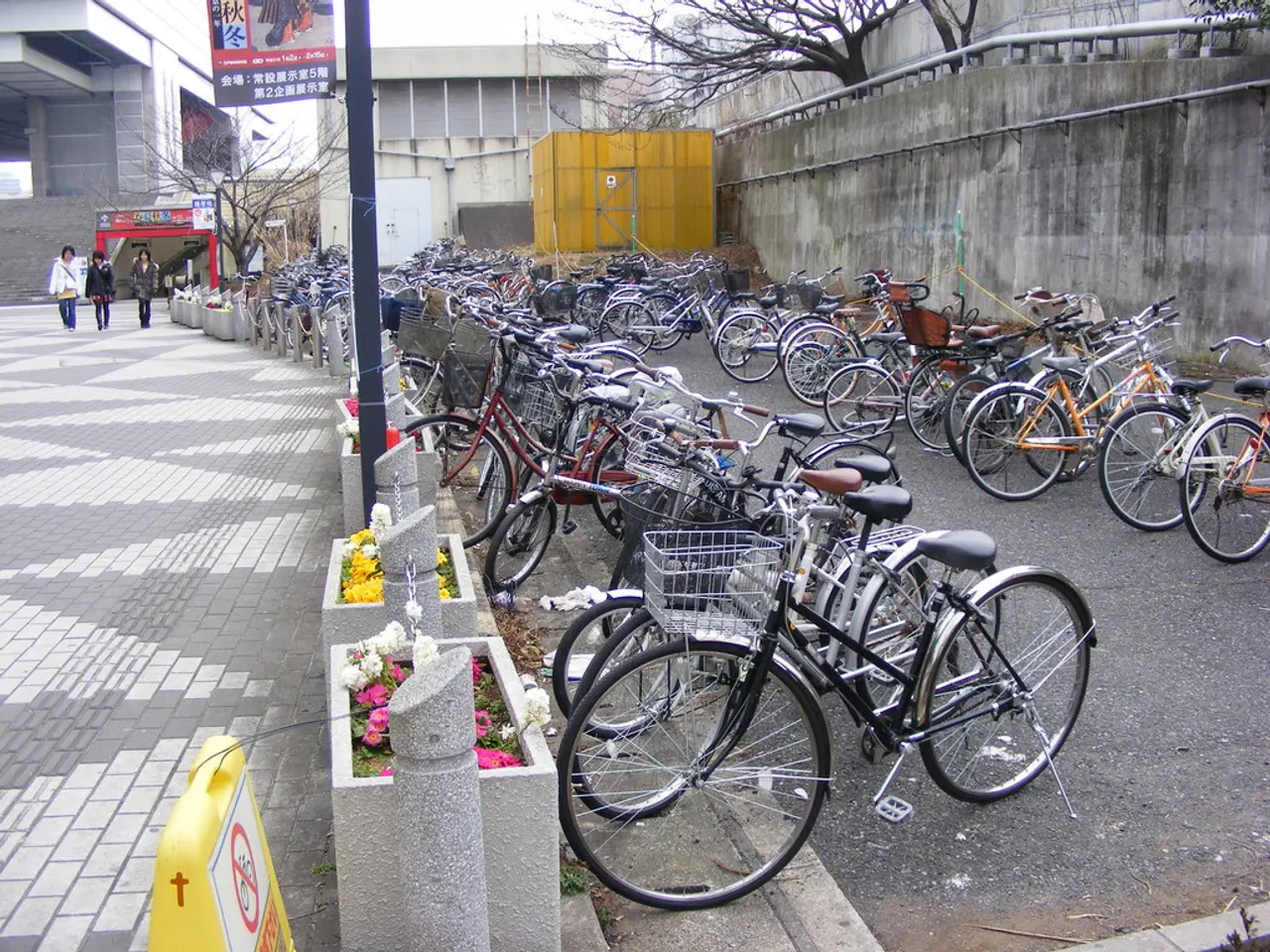Public assistance programs hold dominance within the county's administration.
The Rhein-Kreis Neuss District Council has approved a €612.6 million budget for 2022, with a focus on climate protection, digitalization, and structural change as key thematic areas. This strategic approach aims to ensure long-term resilience and competitiveness for the district.
In the realm of climate protection, a significant portion of the budget has been allocated towards energy-efficient modernization. Given that 56% of houses in the district are rated in the least efficient energy classes (F to H), the need for energy modernization measures as part of broader climate protection efforts is evident.
As for digitalization, the budget includes an additional €500,000 for the accelerated implementation of digitalization measures. This investment is intended to expand digital infrastructure and services, enhancing administration efficiency and supporting regional development goals.
Structural change is another priority, with the budget addressing economic transition processes. This includes support for new economic sectors and adaptation of labor markets impacted by changing industrial environments.
Social services receive 55% of the budget, reflecting the district's commitment to sustainable economic, ecological, social, and cultural development. Notable initiatives include improvements to the cycling route connection between Neuss and Grevenbroich, aiming to promote eco-friendly transportation.
In light of the COVID-19 pandemic and the influx of people fleeing Ukraine, the reduction in the district surcharge is considered a significant achievement. This marks the lowest level for the district surcharge since 1987, with the district surcharge for the private sector decreasing by 2.56% to 32.0%.
This budget presents a comprehensive plan for the sustainable future development of Rhein-Kreis Neuss, aligning with regional trends and stated priorities. The District Administrator's goal for the district remains clear: sustainable economic, ecological, social, and cultural development.
Businesses in the district might witness an expansion of digital infrastructure due to an additional €500,000 budgeted for digitalization measures, aiming to foster administration efficiency and contribute to regional development. In the finance realm, the district council has allocated substantial resources towards energy-efficient modernization, which could potentially create new business opportunities in the energy sector, given that 56% of houses in the district are rated in the least efficient energy classes.




